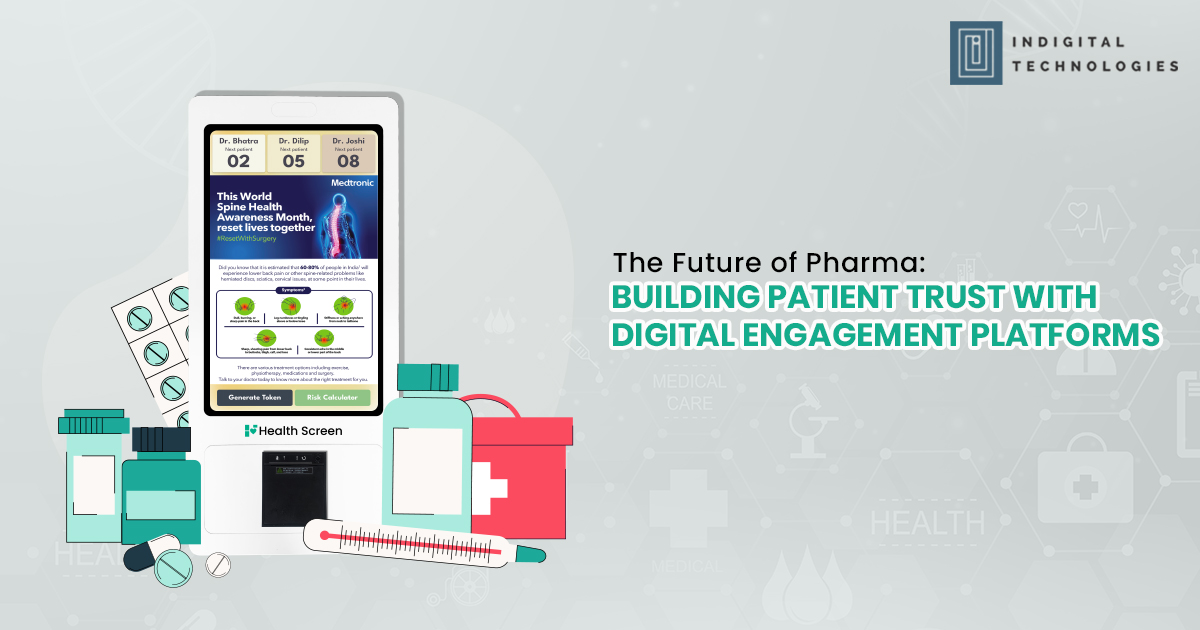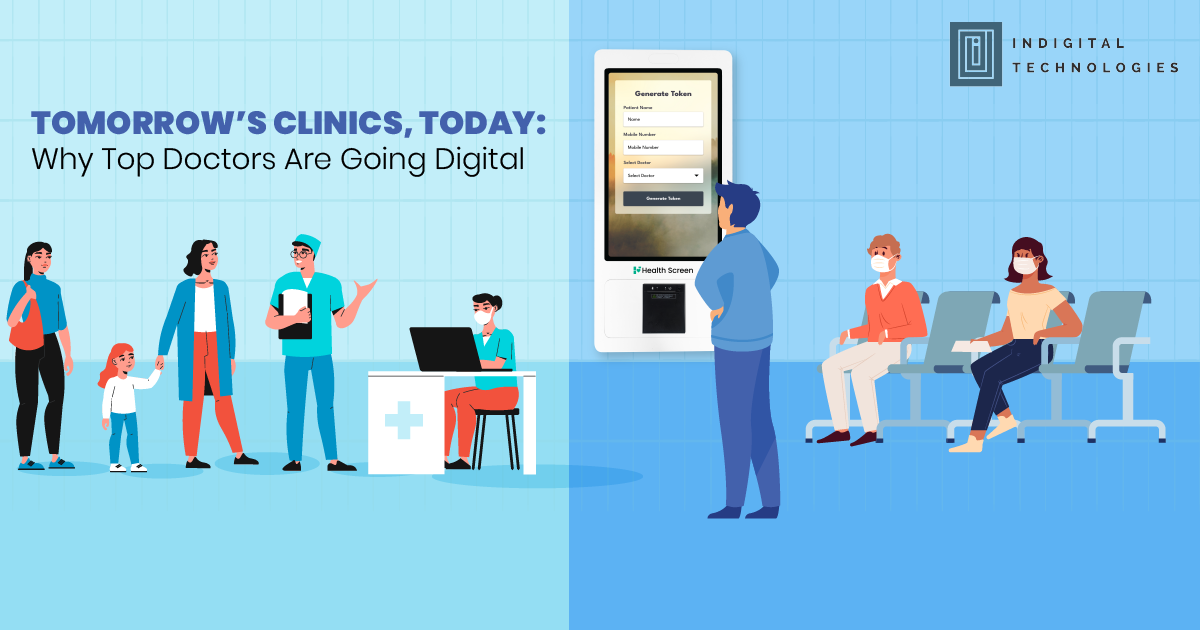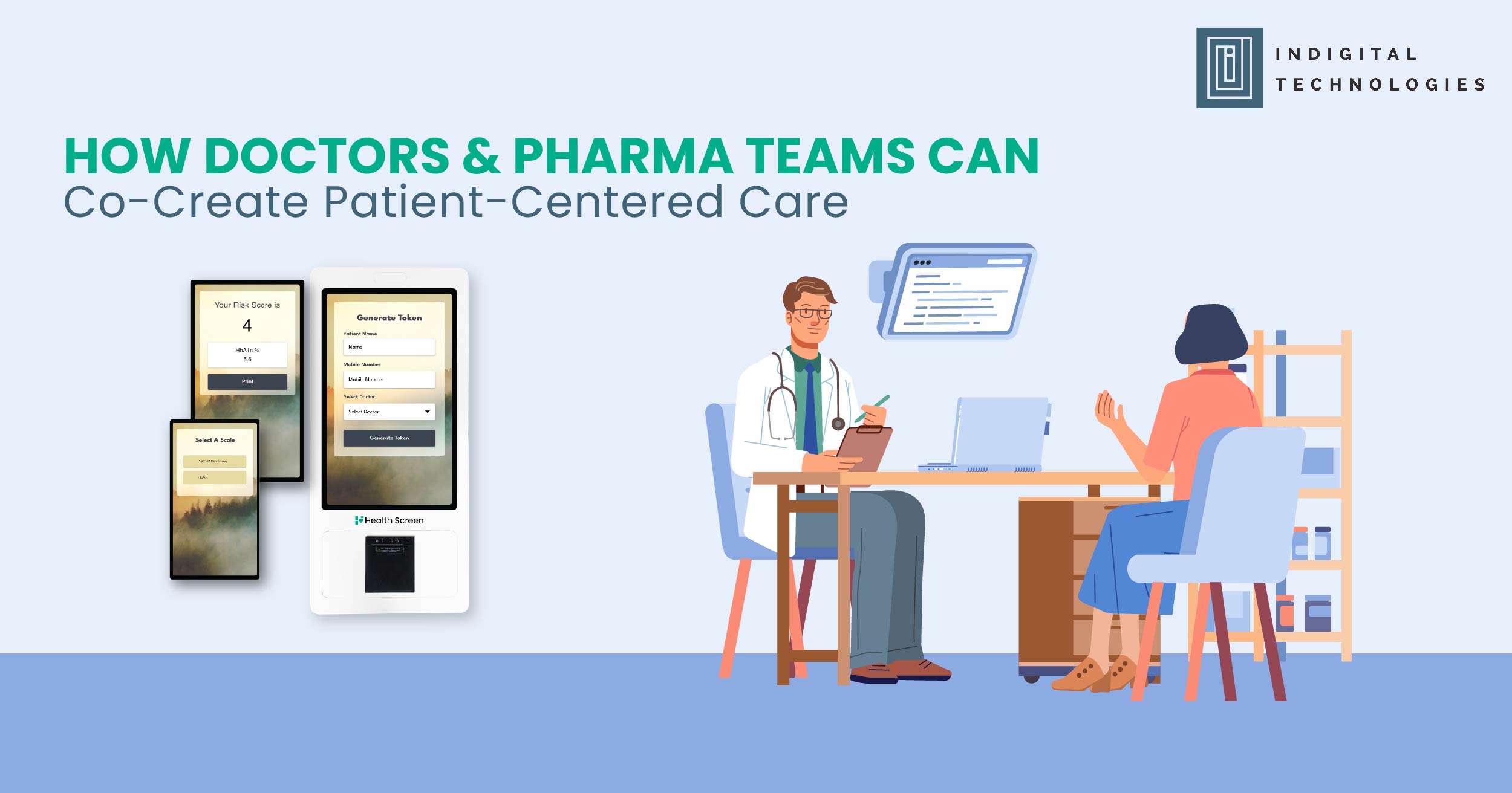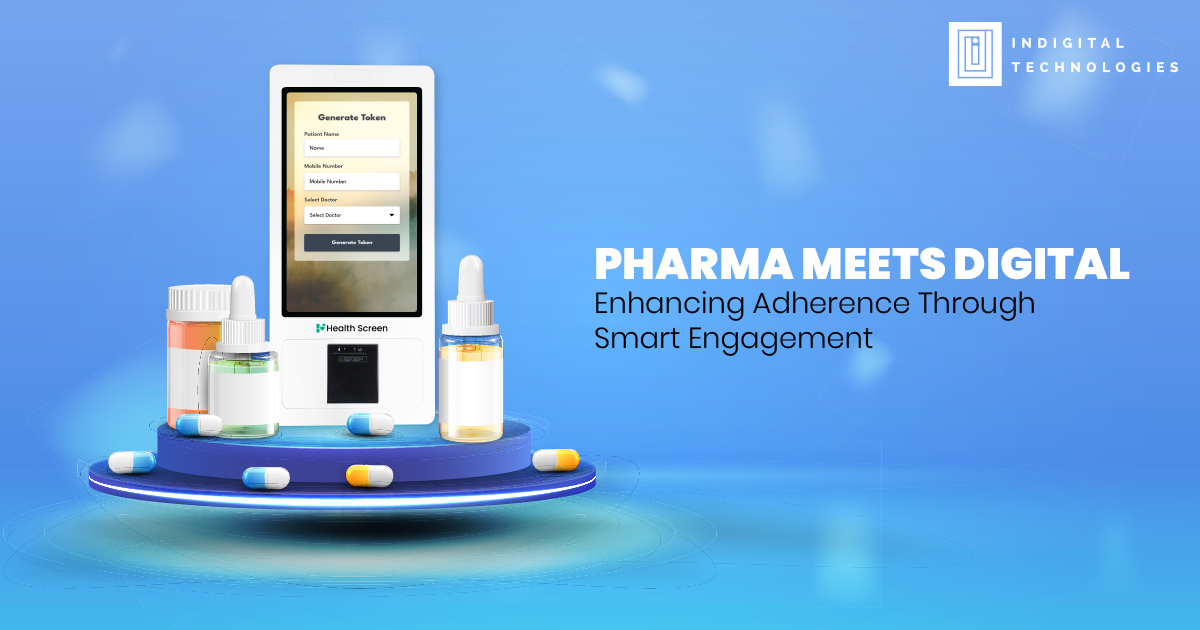Introduction
The pharmaceutical industry is at a major crossroads.
Traditional models of patient communication — physician marketing, print materials, television ads — are becoming less effective in an increasingly digital and patient-empowered world.
Today, trust is the new currency of success in pharma.
And building that trust requires more than delivering effective therapies — it demands consistent, meaningful, and transparent engagement with patients throughout their health journey.
Digital engagement platforms are emerging as the most powerful tools to bridge this trust gap — creating new opportunities for pharma brands to build lasting, credible relationships with patients.
Why Trust Matters More Than Ever
Patients today are:
- Better informed through online resources
- More skeptical of corporate messaging
- Expecting brands to be transparent, ethical, and genuinely patient-focused
Without trust:
- Therapy adherence drops
- Word-of-mouth recommendations suffer
- Long-term brand loyalty becomes almost impossible
Pharma companies that invest in building trust — especially through patient-first digital engagement — will own the future.
How Digital Engagement Platforms Are Rebuilding Trust
1. Empowering Patients with Knowledge
Modern patients don’t just want medication — they want understanding.
Through digital platforms, pharma brands can:
- Share educational content about diseases and treatments
- Offer FAQs addressing common concerns
- Provide tools for self-monitoring and wellness tracking
Impact:
Patients feel empowered to make informed decisions, rather than feeling pressured.
Brands that educate — not just sell — naturally earn deeper trust.
2. Transparent and Two-Way Communication
Old-school pharma communication was largely one-way: ads, brochures, doctor detailing.
Today’s digital engagement allows:
- Real-time chatbots for therapy-related queries
- Patient forums moderated by healthcare professionals
- Anonymous feedback and satisfaction surveys
Impact:
Patients appreciate brands that listen, respond, and adapt based on real-world experiences — not just clinical trial results.
3. Supporting the Entire Therapy Journey
Digital platforms now support patients at every stage:
- Diagnosis education
- Treatment initiation support
- Adherence programs with digital reminders
- Lifestyle and mental health support during therapy
By staying connected before, during, and after therapy, pharma brands become partners in health, not just vendors of pills.
Impact:
Patients who feel supported are 2–3 times more likely to complete their prescribed therapy and recommend the brand to others.
4. Data-Driven Personalization
Leading engagement platforms use AI and machine learning to personalize communication:
- Tailored therapy tips based on patient profiles
- Customized motivational messages
- Reminders optimized for each patient’s habits
Impact:
Personalized care experiences show patients that their unique journey matters — building strong emotional loyalty.
Pharma’s Role: Becoming a Health Partner, Not Just a Provider
Future-ready pharma brands are shifting from “product marketers” to health partners.
This means:
- Investing in patient support programs
- Championing preventive care and wellness, not just treatment
- Supporting healthcare providers with digital education tools for patients
The goal is clear: help patients succeed, not just sell to them.
Trust is built through action — not promises.
Final Thoughts: Trust Is the New Competitive Advantage
In the future of healthcare, the pharma brands that win will not be those with the flashiest ads or the biggest sales forces.
They will be the ones who invest in building real, human-centered digital relationships with patients.
Digital engagement platforms aren’t just about scaling marketing — they’re about scaling trust.
The formula is simple but powerful:
Educate → Empower → Engage → Earn Trust.
As we move into a future shaped by empowered patients and digital ecosystems, pharma leaders must ask:
Are we ready to be trusted partners in health — not just treatment providers?
The future of pharma isn’t about pills alone.
It’s about partnerships, empathy, and engagement — delivered digitally, but felt personally.




